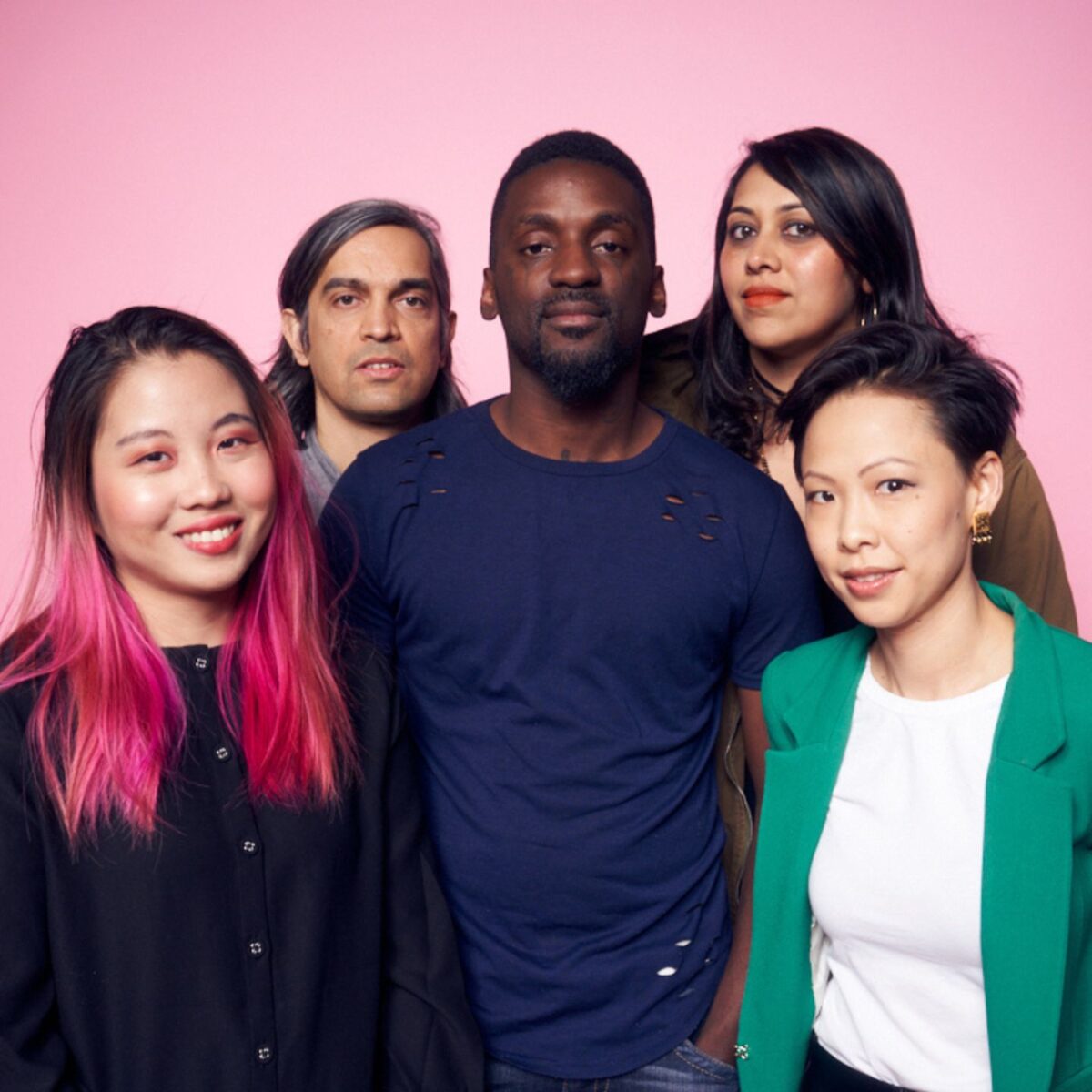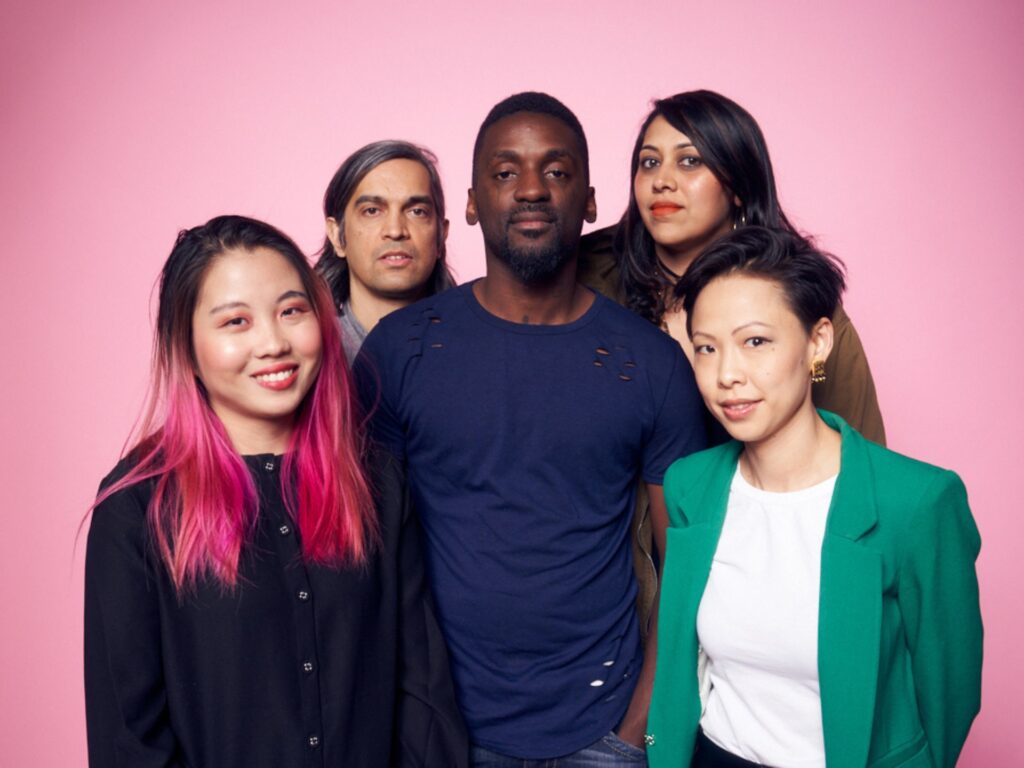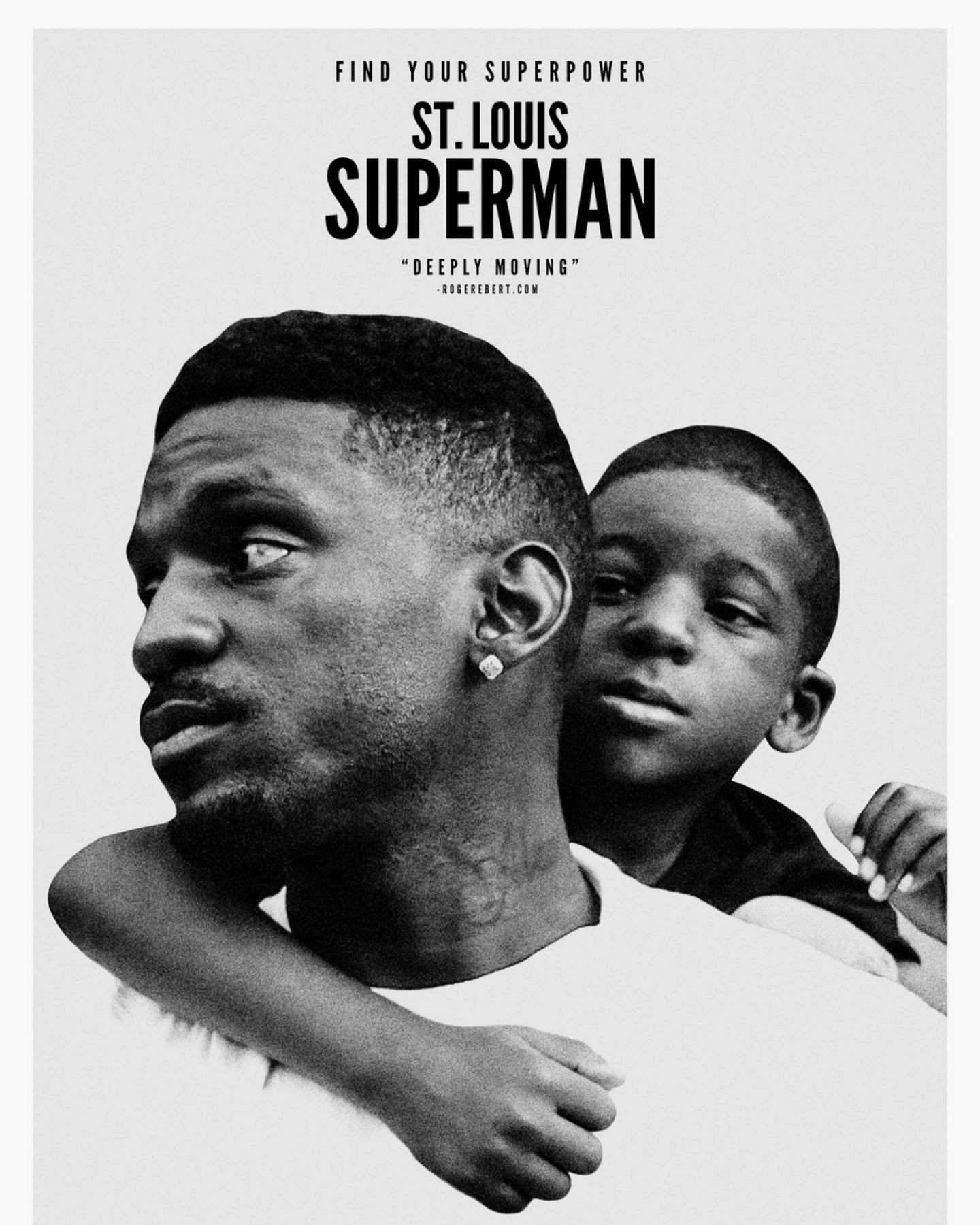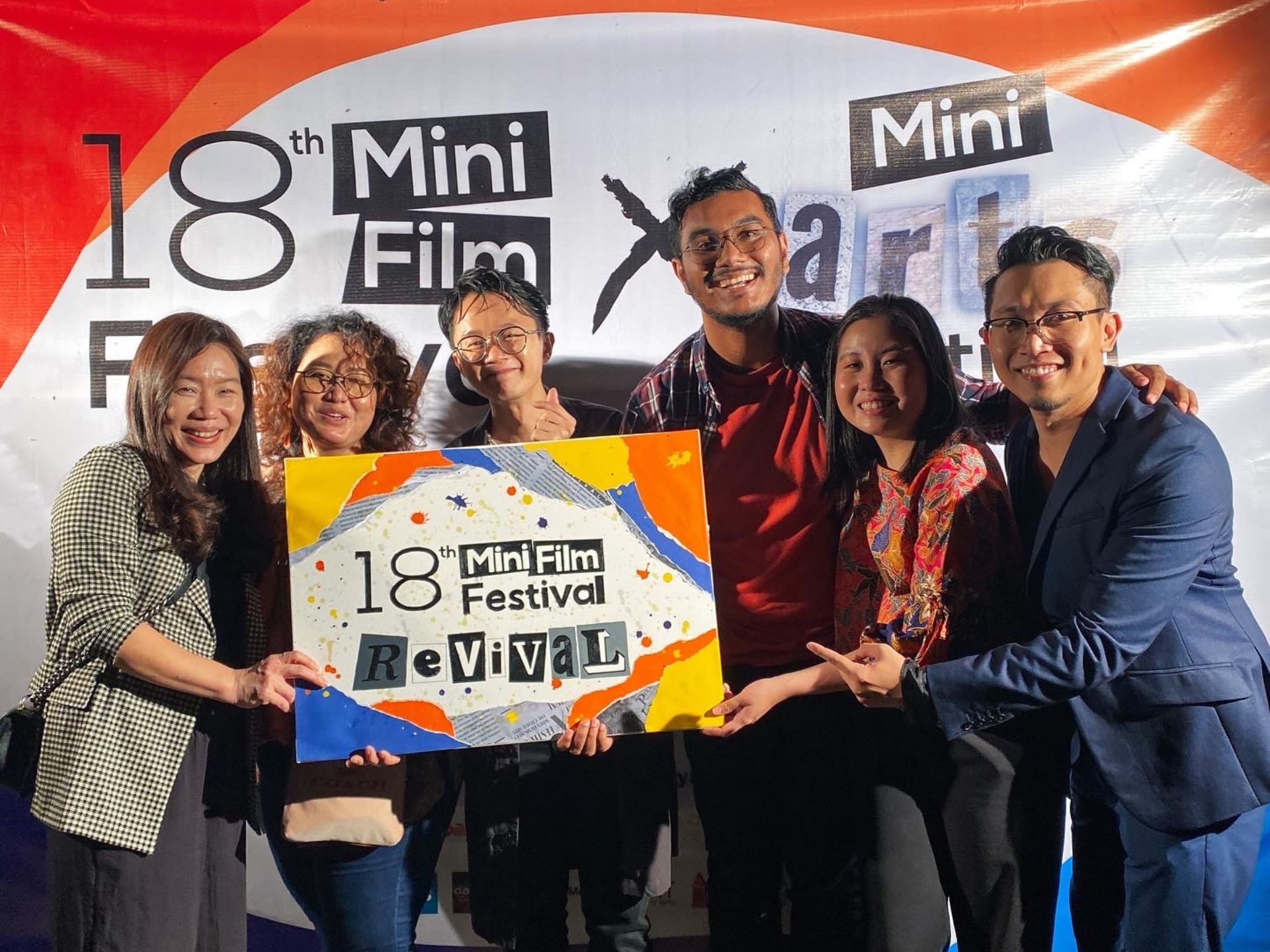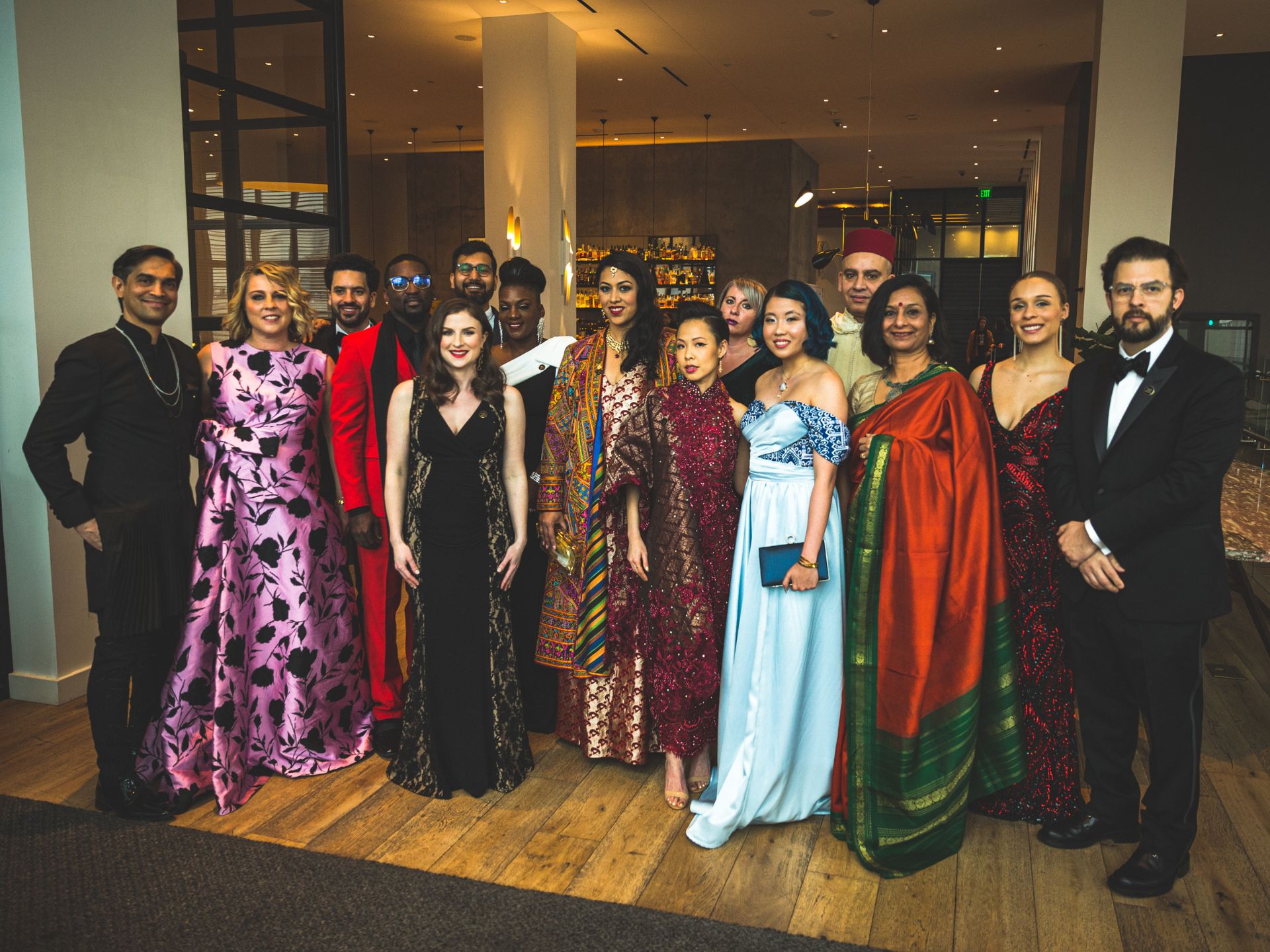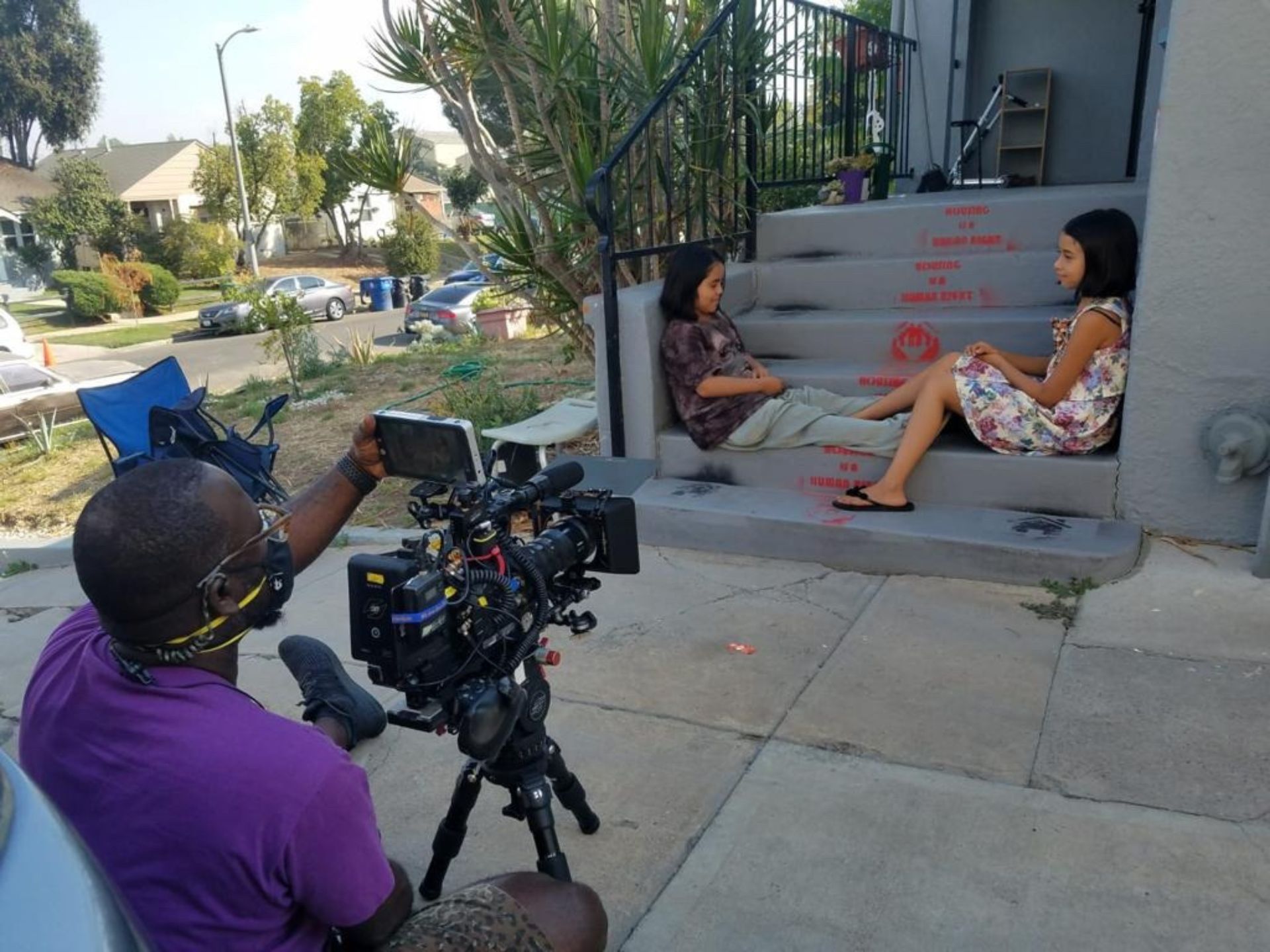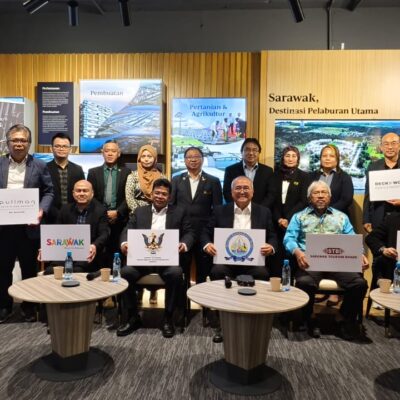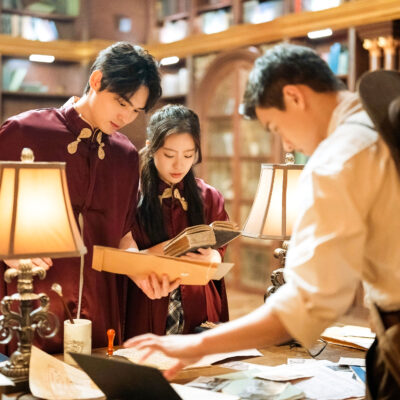by Jia Ying Chia
When she first applied to film school in the states, Cheyenne Tan had no idea how it would change her life. As a producer on the Emmy-nominated documentary, St. Louis Superman, she relishes her opportunity to share stories and speak for minority groups through the film medium.
Q: What are three opportunities you’ve gotten into through serendipitous means?
A: I got into making documentaries serendipitously as well ! When the passion for films and filmmaking first sparked, I didn’t really know what part of the process and what kind of films I wanted to be involved in. All I knew was that I cared about using it a a tool to tell powerful stories and to make some kind of positive change in the world that we live in. So, I went into film school, hungry for skills and knowledge and tried my hands in every aspects of the craft I could get myself involved in. But it wasn’t until I as getting ready to make my thesis film in my senior year that I fell into documentary filmmaking.
My first documentary was about a Malaysian couple opening a Malaysian restaurant in Anaheim, California. I was the one with the access to the subjects as they are fellow Malaysians and my friends so naturally, I fell into producing and co-directing the film with a friend. It was then that I realised that documentary filmmaking is the perfect marriage between my passion for visual storytelling and creating real world change. I’ve kept making more documentaries and have not looked back since.
Q: Coming from Borneo left you with few option for creating a portfolio. Do upcoming creatives face the same challenge?
A: Creatives in Borneo have so many more avenues to create now. Of course, I can only speak for the Malaysian side of Borneo but the Sabah filmmaking scene is doing so well with filmmakers like Nadira Ilana and Nova Goh (who is actually Sarawakian). On the Sarawak side, dozens of production houses are out here actively making works that allow us to reclaim our narratives and that of our people.
I’m hopeful that we’ll get to where we want to be sooner rather than later. But because we continue to lack the skills and resources we need, our stories are still being told on a mainstream level by West Malaysians. These are often inaccurate and push our people to the side or back. Honestly, more people in Borneo should be more outraged about this. I hope to see investment put into our own creatives, nurturing them, getting them the funding and support that we need so that we can tell our own stories properly. Just as importantly, we need to create more platforms and spaces for our filmmakers to be able to show their work and get their films out to communities all over the island and region. That is how we can have a healthy ecosystem of producing and consuming of films and stories.
Q: Where there any life lessons gained working on the St. Louis Superman documentary?
A: The two big lessons I learned from making St. Louis Superman. The first is learning to listen. Through working with our subject, Bruce Franks Jr., I learned how important it is to listen to people from different communities and backgrounds, and learn from all that listening. We live in a world where everyone absolutely needs to have their voices and opinions heard. As filmmakers, we need to constantly be listening, observing, and using that to draw parallels, see the bigger picture and pain a coherent, entertaining story for people, audiences and film subjects alike — to understand their worlds better.
The second thing I learned is there is a lot of extraordinary in the ordinary, if only we know where to find them. Bruce started out a regular person who goes on to make a lot of changes within his community. In documentaries, we often follow everyday people who do extraordinary things every day but because that is their normal life. it’s easy for the impact of their work to get away from them. Our characters and subjects often marvel at how much they’ve done and the significance of their work and struggles, after watching their films. Audiences, especially if they see a reflexion of their own struggles and that of their people, often have similar reactions as well. Extraordinary in the ordinary. That’s all around us.
Q: What’s the key to telling a good story through film?
A: The key to telling a good story through documentary films is a compelling subject! Someone who’s got an interesting personal story is given a certain charisma, someone that you can spend hours talking to. ‘Jiro Dreams of Sushi’ is my comfort documentary, one that I keep going back to for pure enjoyment! It’s about Jiro Ono, one of the best sushi chefs in the world. The only downside of that film is that it never fails to make me hungry afterwards!

